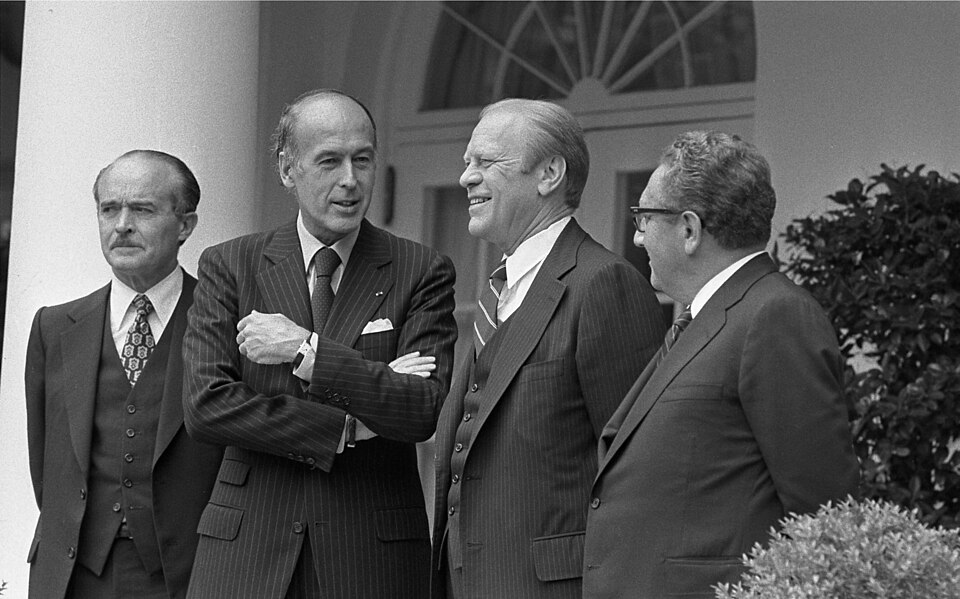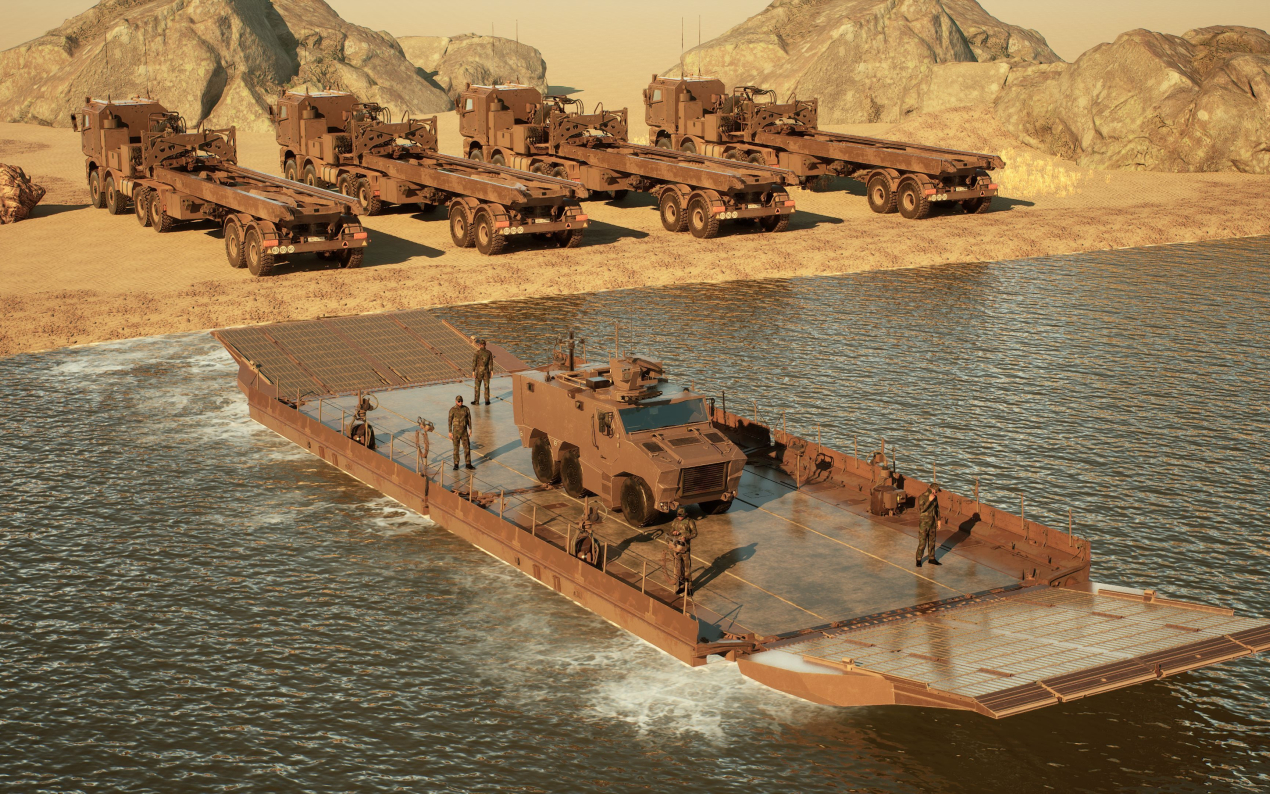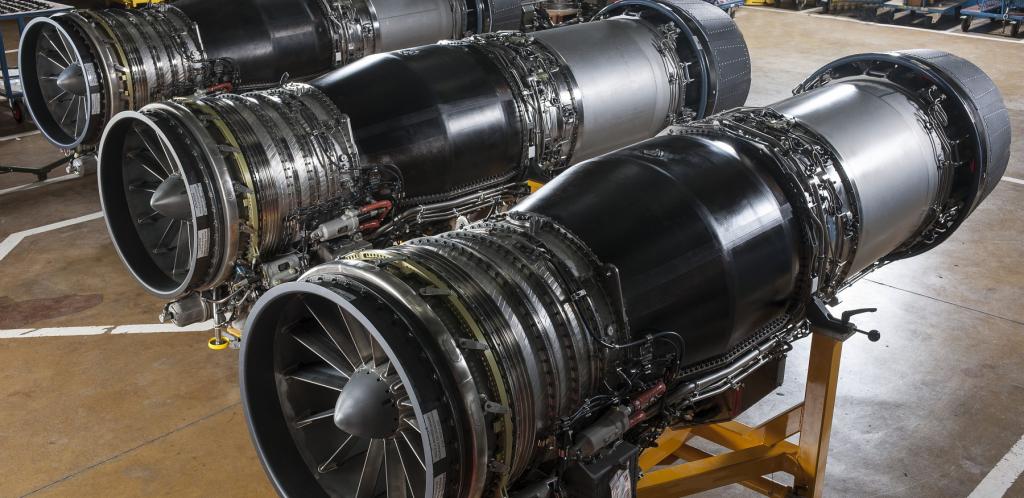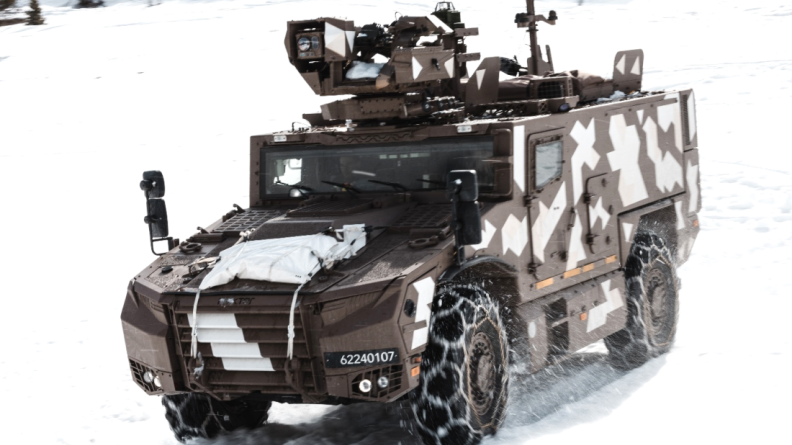Future Combat Air Systems are a major stake for the coming decades, and yet the United Kingdom and France have committed to competing projects. Developments in Industry 4.0 could nevertheless offer much needed and relevant convergences to preserve European independence.
The Future of Combat Air Systems, a Shared Stake for France and the United Kingdom
While working together on future combat air systems was a shared project in the wake of the Lancaster House summit in 2010, France and the United Kingdom are now committed to alternative projects. The United Kingdom, Italy and Sweden are collaborating on Tempest while France, Germany and Spain work together on FCAS despite comparable needs and similar timeframes… We might wonder whether such a configuration is sustainable at domestic and European levels.
Combat air systems represent the most symbolic defence capability, especially for arms-producing countries. However, the acquisition of these capabilities appears less and less affordable on a purely national basis. Gathering efforts between the largest number of allies should constitute the obvious solution. However, France and the United Kingdom have already failed to develop a new generation of fighter aircraft together when France opted out the Eurofighter project (involving Germany, Italy and Spain) and eventually developed Rafale aircraft alone in the 1980s(1).
Should we be afraid of history repeating itself? To what extend can the transformations of technology and manufacturing favour another way for cooperating that avoids the traditional limitations of armament cooperation?
Il reste 90 % de l'article à lire








